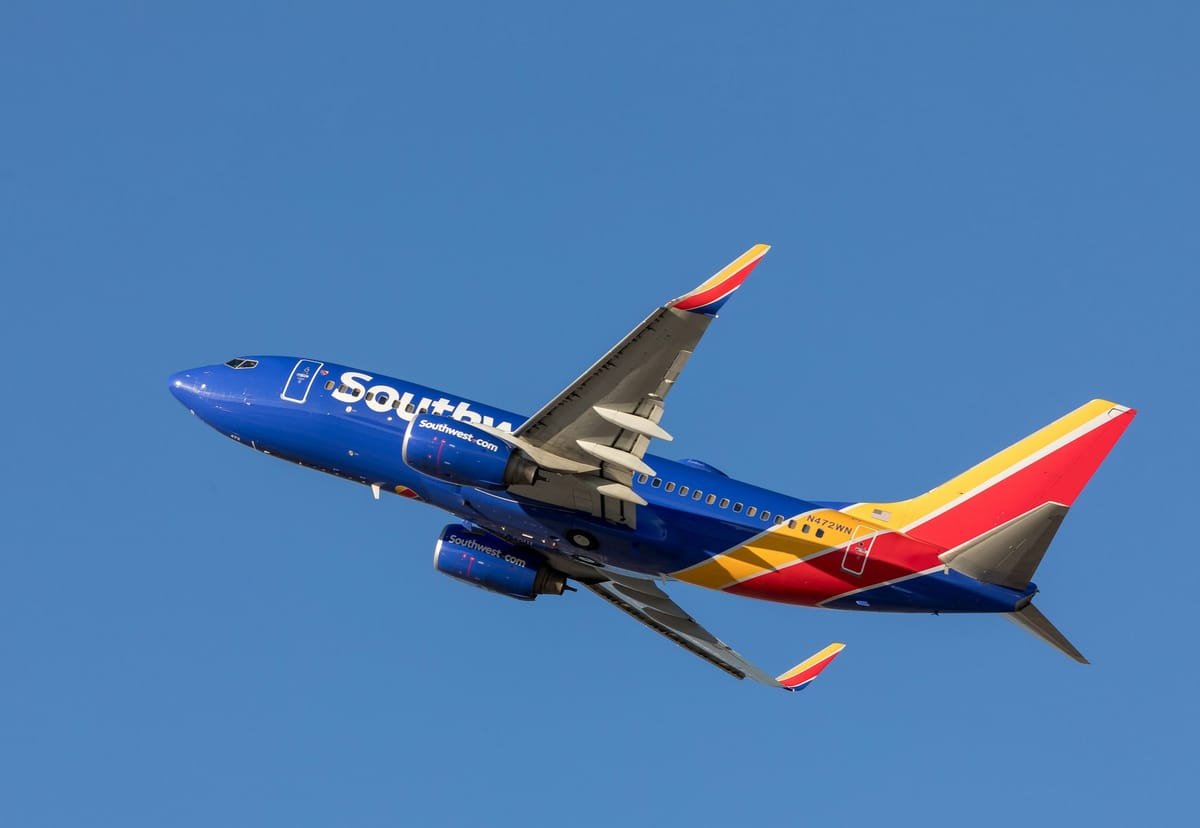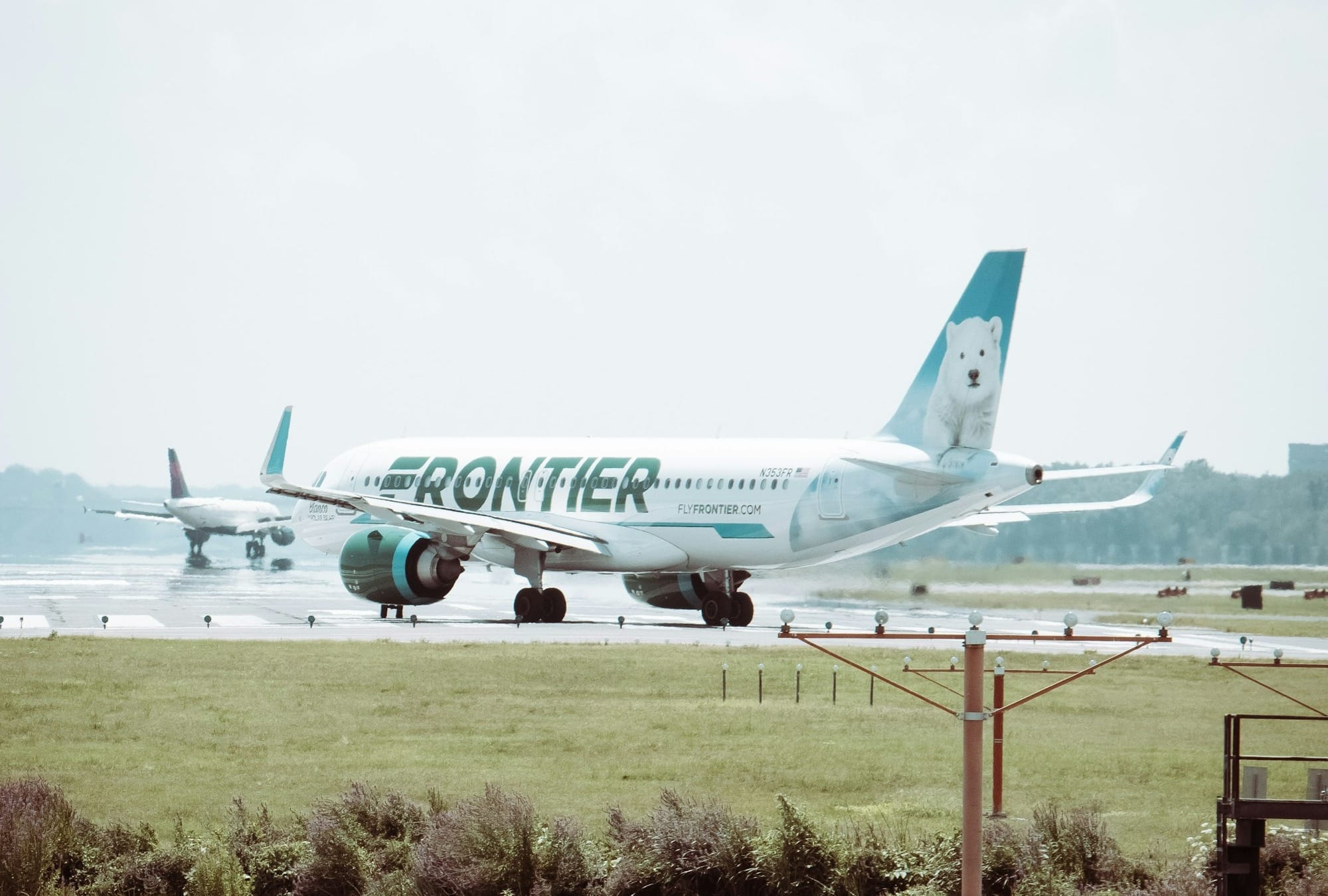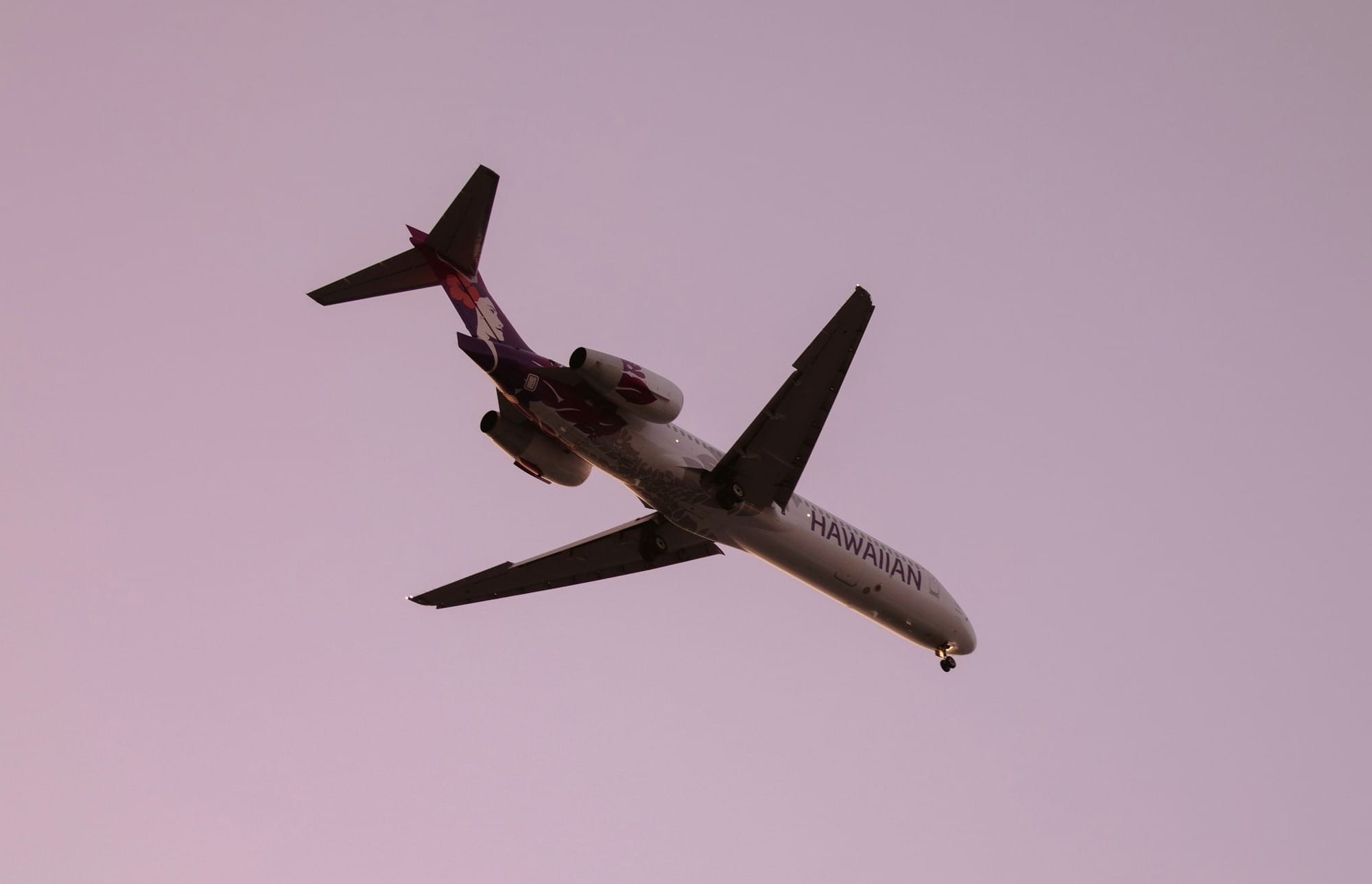Southwest Airlines Pilots Approve New Contract: A Milestone in Aviation Labor Relations
Southwest Airlines has reached a pivotal moment in its history with the announcement that its pilots, represented by the Southwest Airlines Pilots Association (SWAPA), have approved a new collective bargaining agreement.


Southwest Airlines Pilots Approve New Contract: A Milestone in Aviation Labor Relations
Key Takeaways:
- Southwest Airlines pilots, represented by SWAPA, have approved a new $12 billion contract.
- The contract includes a significant 29.15% immediate pay raise, with subsequent annual increases of 4%.
- This agreement marks a significant development in aviation labor negotiations and sets a precedent for the industry.
Southwest Airlines has reached a pivotal moment in its history with the announcement that its pilots, represented by the Southwest Airlines Pilots Association (SWAPA), have approved a new collective bargaining agreement. This contract, valued at an impressive $12 billion, is not just a financial arrangement but a testament to the airline's commitment to its employees and a harbinger for the aviation industry at large.
The agreement brings with it a substantial 29.15% immediate pay raise for the pilots, a figure that is noteworthy in the context of labor negotiations. This is followed by annual increases of 4%, ensuring that the pilots' compensation remains competitive and reflective of the industry's growth and inflationary pressures.
The Significance of the New Contract
The new contract between Southwest Airlines and its pilots is a landmark achievement in the realm of aviation labor relations. The immediate pay raise of 29.15% is a bold move, reflecting the value that Southwest places on its pilots. It's a recognition of the critical role that pilots play in the airline's operations and the competitive nature of the industry where attracting and retaining top talent is paramount.
Moreover, the annual increases of 4% serve to maintain the pilots' standard of living and job satisfaction over the term of the contract. This approach not only benefits the pilots but also helps Southwest Airlines in terms of employee morale, productivity, and reducing turnover, which can be costly and disruptive to operations.
The Financial Implications for Southwest Airlines
From a financial perspective, the $12 billion contract is a significant investment for Southwest Airlines. It underscores the airline's financial health and its ability to make such a commitment in a post-pandemic landscape where many carriers are still recovering. This move could potentially place Southwest at a competitive advantage, as it may attract pilots from other airlines that have not yet been able to offer similar compensation packages.
The contract also sends a positive signal to investors and stakeholders about the airline's stability and long-term strategic planning. By securing a long-term agreement with its pilots, Southwest can better forecast its labor costs and minimize the risk of disruptions due to labor disputes.
Advertising
The Impact on Southwest Airlines Pilots
For the pilots of Southwest Airlines, the approval of the new contract represents a significant win. The immediate pay raise of 29.15% is a substantial increase in their earnings, which will have immediate positive effects on their financial well-being. This kind of increase is relatively rare in labor negotiations and speaks to the effectiveness of the pilots' representation by SWAPA.
The contract also provides a sense of security for the pilots, knowing that their compensation will continue to grow annually. This stability is crucial for long-term financial planning and can contribute to a more satisfied and dedicated workforce.
Industry Precedent and Competitive Landscape
The new contract between Southwest Airlines and its pilots could set a precedent in the aviation industry. Other airlines and their pilot unions will likely look to this agreement as a benchmark during their own negotiations. The substantial pay raise and the structure of the contract may become a point of reference, potentially leading to industry-wide changes in pilot compensation.
This shift in the competitive landscape could lead to a domino effect, where other airlines may need to offer similar terms to remain competitive in attracting and retaining pilots. The industry could see an upward trend in pilot salaries as a result.

The Role of SWAPA in the Negotiation Process
The Southwest Airlines Pilots Association played a crucial role in the negotiation process, representing the interests of the pilots effectively. The association's ability to secure such a favorable contract is indicative of its negotiating power and the strength of its membership.
SWAPA's success in these negotiations may inspire other pilot unions and associations to adopt similar strategies or to seek guidance from SWAPA on how to approach their own contract talks. The association's strategy and tactics could become a model for other labor negotiations within the industry.
Long-Term Effects on Pilot Career Attractiveness
The new contract could also have long-term effects on the attractiveness of a career as a pilot. With the promise of high starting salaries and guaranteed annual increases, the profession may appeal to more individuals, potentially easing the pilot shortage that has been a concern in the industry.
This could lead to a more robust pipeline of trained pilots, which would benefit not only Southwest Airlines but also the aviation industry as a whole. It could also influence the training and education sector, with flight schools potentially seeing increased enrollment as a result of the heightened interest in the profession.
Southwest Airlines' Strategic Positioning
By approving this new contract, Southwest Airlines has strategically positioned itself as an employer of choice for pilots. This move could have significant implications for the airline's operational capabilities, as it may lead to an influx of experienced pilots seeking better compensation and job security.
The airline's strategic positioning also includes the potential for improved customer service and operational efficiency, as a well-compensated and satisfied workforce is more likely to perform at a high level. This could translate into better on-time performance, fewer cancellations, and an overall enhanced customer experience.
Advertising
The Future of Aviation Labor Relations
The approval of the new contract by Southwest Airlines pilots could signal a new era in aviation labor relations. The substantial pay raise and the structure of the contract may encourage other labor groups to seek similar deals, leading to a shift in how airlines approach labor negotiations.
The future of aviation labor relations may involve more proactive and collaborative approaches, with airlines recognizing the importance of investing in their workforce to ensure long-term success. This could lead to more sustainable and mutually beneficial relationships between airlines and their employees.
Summary
The approval of the new $12 billion contract by Southwest Airlines pilots marks a significant milestone in aviation labor relations. The contract includes a notable immediate pay raise of 29.15% and annual increases of 4%, reflecting the airline's commitment to its workforce and setting a new standard in the industry. This agreement has far-reaching implications, from financial impacts on the airline to setting industry precedents, influencing pilot career attractiveness, and shaping the future of labor negotiations in aviation.



